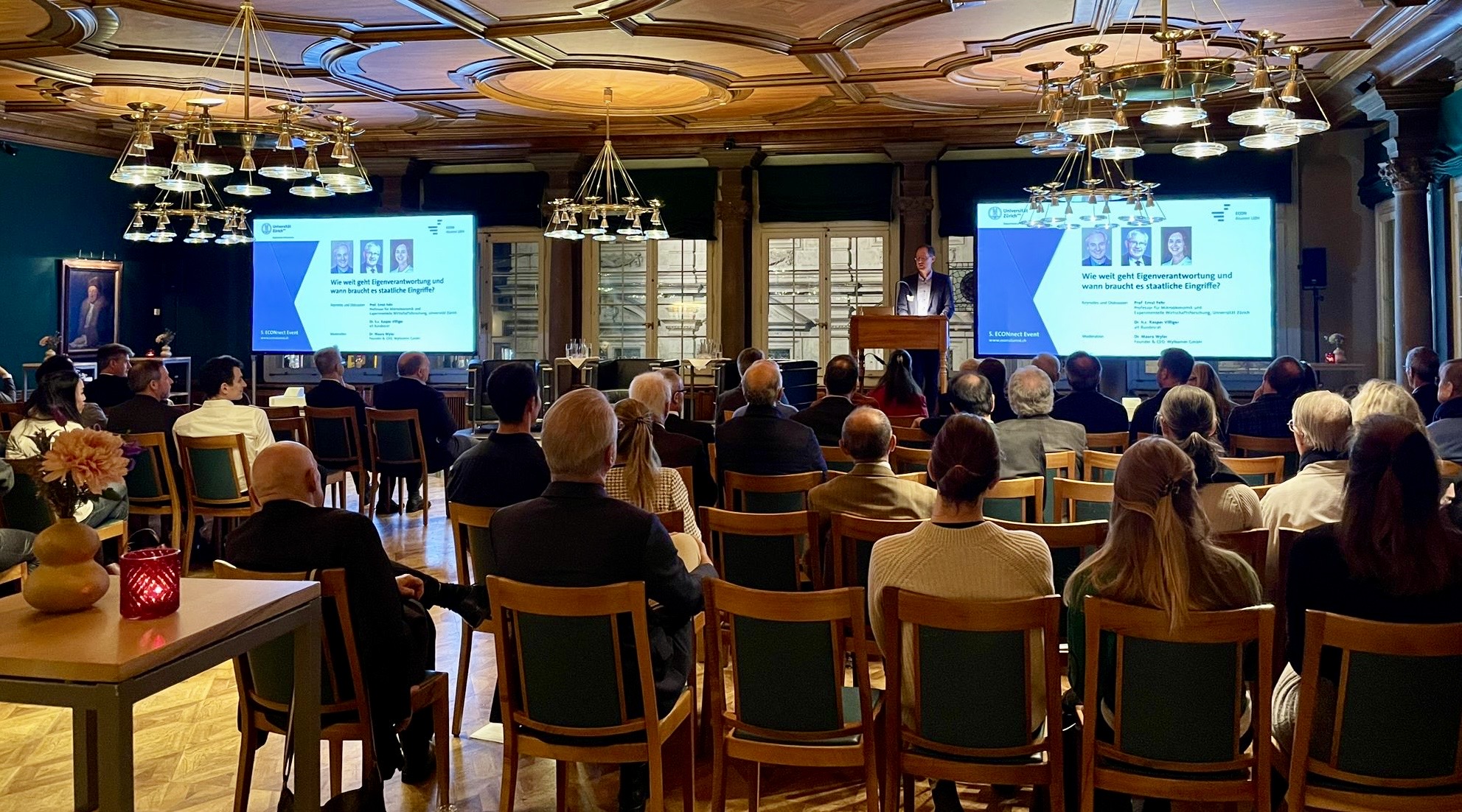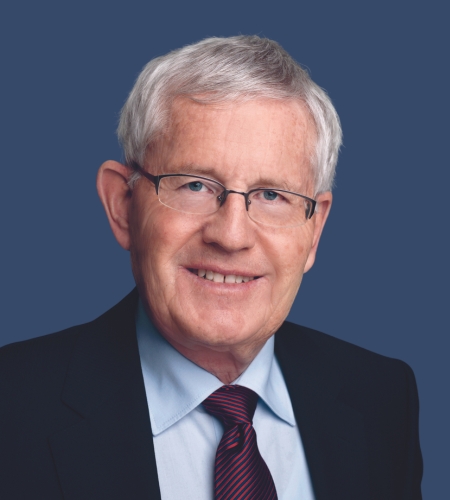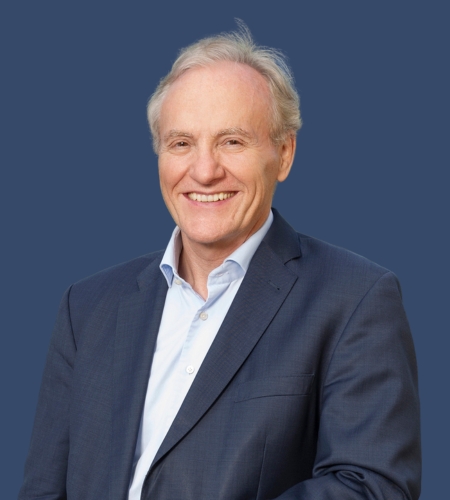How far can personal responsibility go and and when do we need state intervention ?

In all liberal Western societies, the individual is accountable for the consequences of his or her actions. Therefore, personal responsibility is a central value that pervades all areas of social and economic life. However, there are situations, in which individual responsibility is not enough to solve social and economic problems. Thes situations require collective actors, such as governments, to implement measures that restrict the freedom of the individual.
But which situations actually require collective action and where do we set the limits of government action and individual freedom? These fundamental questions were discussed at the ECONnect event by Prof. Ernst Fehr and former Federal Councillor Kaspar Villiger.
Both speakers shared their views during two keynote speeches. Ernst Fehr shed light on the topic of responsibility from a behavioral economics perspective, based on his research about cooperation, pinpointing the conditions under which people are willing to cooperate. Responsibility plays an important role here. In his speech, Kaspar Villiger presented a different approach to the topic and emphasized the key role of personal responsibility for liberal democracy: "When people act responsibly, society benefits. Those who look after themselves are not a burden on others or society. It is therefore an important act of solidarity." This interplay between personal responsibility and solidarity was a recurring theme in the ensuing discussion, which focused not only on the limits of personal responsibility but also on the responsibilities of institutions.
.jpg)
Kaspar Villiger's speech was recently published as a transcript in the NZZ arts section.
.jpg)
Ernst Fehr's research on cooperation and the experiment he presented is summarized in the UBS Center Public Paper, which is available in English and German.
